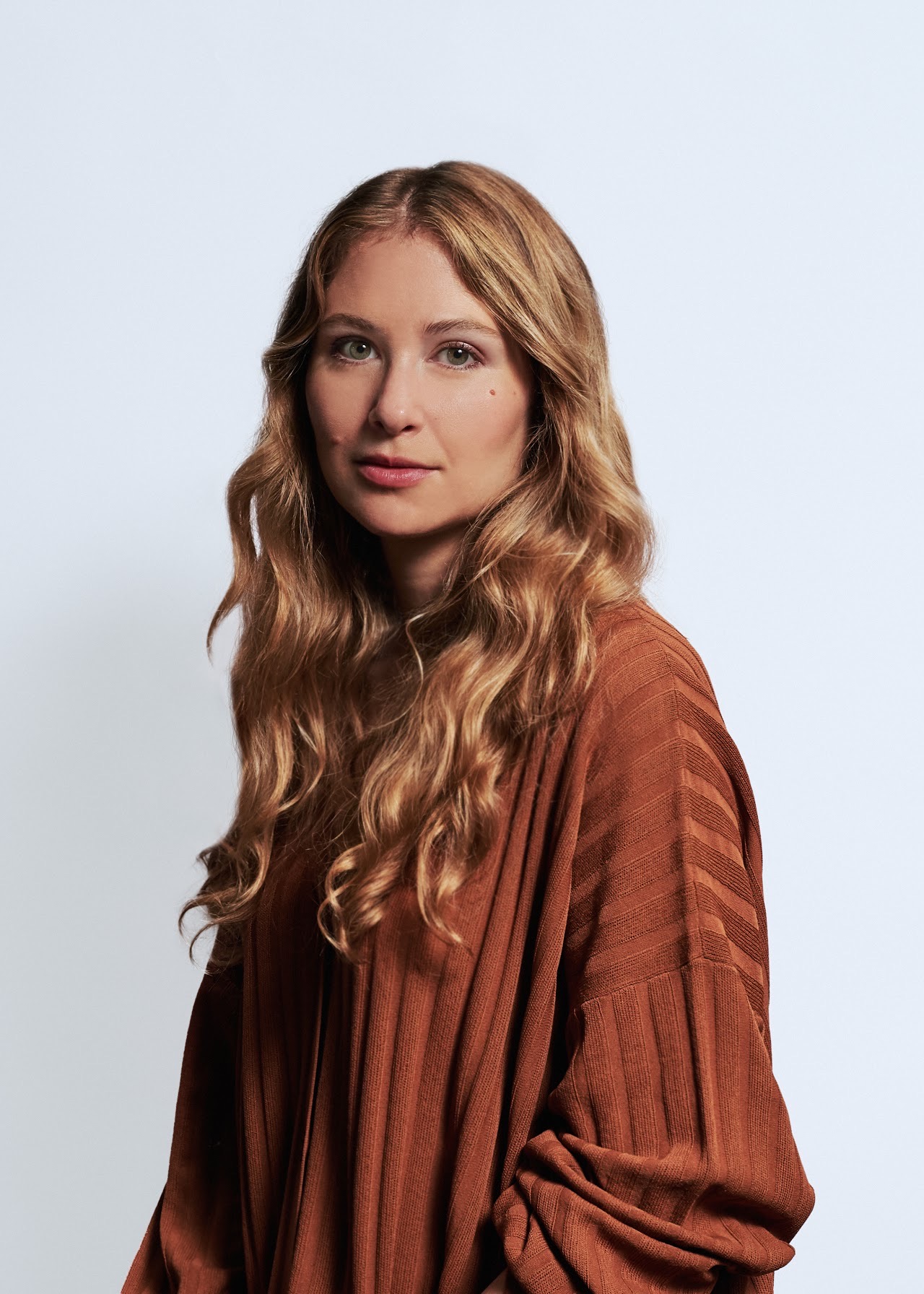
Alexandra Brodsky
Alexandra Brodsky
Alexandra Brodsky is a civil rights lawyer, litigating high-impact cases concerning abuses in schools and the criminal legal system. She is also the author of Sexual Justice: Supporting Victims, Ensuring Due Process, and Resisting the Conservative Backlash (Metropolitan Books/Henry Holt 2021). Alexandra has nearly a decade of experience speaking about sexual assault, civil rights, and other feminist issues. She speaks at conferences and universities, including Harvard, Yale, Stanford, and Amherst.
Alexandra has deep ties to the student movement against sexual harassment. At 23, she co-founded Know Your IX, a youth-led organization combatting gender violence in schools. Know Your IX and Alexandra have been widely credited with spurring national policy change on Title IX and a wave of effective student organizing. In addition, for her work on sexual harassment, she received a Ms. Wonder Award from the Ms. Foundation. Also, she was named to POLITICO Magazine’s “50 Thinkers, Doers, and Visionaries” and Forward Magazine’s Forward 50. As an attorney at Public Justice, a national public interest legal advocacy group, Alexandra continues her work on behalf of student survivors of sexual harassment.
Alexandra Brodsky received her B.A. from Yale College in 2012 and her J.D. from Yale Law School in 2016. After law school, Alexandra clerked for the Honorable Marsha S. Berzon of the U.S. Court of Appeals for the Ninth Circuit. She worked to end discriminatory school push out at the National Women’s Law Center, where she was a Skadden Fellow. At the Law Center, she was one of the authors of Dress Coded: Black Girls, Bodies, and Bias in DC Schools. A nationally heralded study on the harmful effects of dress codes co-written with 21 students.
Publications and Editorial Experience
Previously, Alexandra served as a senior editor of Feministing.com. She has published widely on matters related to feminism, sexual assault, and civil rights. Her publications feature in the New York Times, the Washington Post, the Nation, the Atlantic, the American Prospect, and Dissent. She has also published a number of academic articles. Her article on non-consensual condom removal that garnered international media attention and spurred legislative efforts. Alexandra is the co-editor, along with Rachel Kauder Nalebuff, of The Feminist Utopia Project: 57 Visions of a Wildly Better Future (The Feminist Press 2015).
| Book Cover | Details |
|---|---|
|
Trade Paperback
|
A pathbreaking work for the next stage of the #MeToo movement, showing how we can address sexual harms with fairness to both victims and the accused, and exposing the sexism that shapes today's contentious debates about due process
Over the past few years, a remarkable number of sexual harassment victims have come forward with their stori...Read More
|
Sexual Justice
In the past few years, a remarkable number of sexual harassment victims have come forward with their stories, demanding consequences for their assailants and broad societal change. Each prominent allegation, however, has also set off a wave of questions—some posed in good faith, some distinctly not—about the rights of the accused. The national conversation has grown polarized, inflamed by a public narrative that wrongly presents feminism and fair process as warring interests. Drawing on her new book, Alexandra explains how schools, workplaces, and other institutions can—indeed, must—address sexual harassment in ways fair to all. And she warns of anti-feminist backlash, which hijacks the rhetoric of due process to protect male impunity.
The History and Future of Title IX
Both the Obama and Trump administrations left their mark on Title IX, the federal sex discrimination law, that among other things, requires schools to address sexual assault on campus. Now, the Biden administration is taking up the question once again. Drawing on her own experience with Title IX as a student, nationally recognized activist, and attorney, Alexandra speaks to the surprisingly long history of Title IX’s protections for survivors, explains recent political developments, and proposes how President Biden can build a solution that will survive changing political winds.
Punishing Girls
American schools have a discipline problem: They are overly punitive, dolling out suspensions and depriving kids of the chance to learn based on minor infractions. And Black students are pushed out at far higher rates than their white peers. Much of the national conversation about school discipline has focused on boys. But girls—and especially Black girls—are missing out on too much class time. And they are often punished for distinctively gendered reasons, like dress code violations and failing to conform to gender stereotypes. Alexandra discusses the sexist and racist reasons why girls are disciplined and how educators, students, and families can change schools for the better.
Sex, Lies and Justice: A Discussion of Campus Sexual Assault, Title IX Compliance, and Due Process
Sex, Lies and Justice: A Discussion of Campus Sexual Assault, Title IX Compliance, and Due Process
Read about Alexandra Brodsky discussing how to fairly investigate sexual offenses The Cut.
Praise for Sexual Justice
“Civil rights lawyer Brodsky (coeditor, The Feminist Utopia Project) offers a clear-eyed assessment of how to improve the adjudication of sexual harassment claims within schools, businesses, and other institutions.”
— Publishers Weekly“A pathbreaking work for the next stage of the #MeToo movement, showing how institutions can address sexual harms with fairness to both victims and the accused.”
— Goodreads“Compassionate and practical…This unique book rests on a deep foundation of empathy while mapping impressive strategies for fairness. It is a must-read.”
— Melissa Harris-Perry, media host and author of Sister Citizen“[Brodsky] understands the stakes of the #MeToo movement better…in the fight to end sexual violence against girls and women.”
— Bitch Media“Sexual Justice should become a central part of the national discourse around sexual harassment and sassily. It is expansive and brilliant.”
— Lacy Crawford, author of Notes on A SilencingOther Speakers
Founder of the Everyday Sexism Project, Journalist


